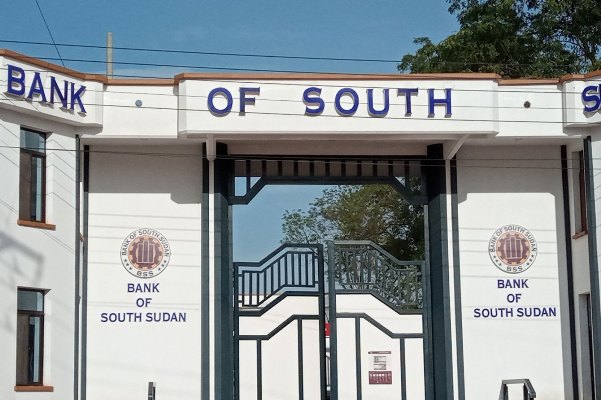Uganda’s three-decade President Yoweri Museveni has continued with his radio talks shows on land contrary to an announcement last Friday that he would halt the campaign due to a busy schedule.
Museveni took his campaign to Mubende, appearing on Point FM radio station in Mubende Municipality, Mubende district, for two hours.
The president is marketing proposed constitutional amendments, including one that seeks to make it easy for government to compulsorily take over private land for its projects in case the owner refuses a compensation sum determined by a government valuer.
Museveni has used his previous radio appearances to attack the opposition for reportedly peddling lies that the proposed land amendments would help government grab their land.
He has also attacked individuals who overvalue their land, naming and shaming some of them on radio.
In Mubende, Museveni told the listeners that government had a right to take over land for development projects.
“Most of the countries, especially those in Africa, do not address land ownership in their constitutions,” he started.
“The NRM Government planned for the people to ensure that they get fair treatment in land matters because the Movement looks ahead and cares for wananchi. Government has got the right to take over land for public utility such as roads and electricity supply. All this has to be done through fair and correct compensation.”
Article 26 Article 26 of the Constitution on freedom from deprivation of property provides for prompt payment of fair and adequate compensation prior to the State’s compulsory acquisition of any property.
“Every person has a right to own property either individually or in association with others. No person shall be compulsorily deprived of property or any interest in or right over property of any description except where the following conditions are satisfied a) the taking of possession or acquisition is necessary for public use or in the interest of defence, public safety, public order, public morality or public health; and (b) the compulsory taking of possession or acquisition of property is made under a law which makes provision for-(i) prompt payment of fair and adequate compensation. prior to the taking of possession or acquisition of the property; and (ii) a right of access to a court of law by any person who has an interest or right over the property.”









